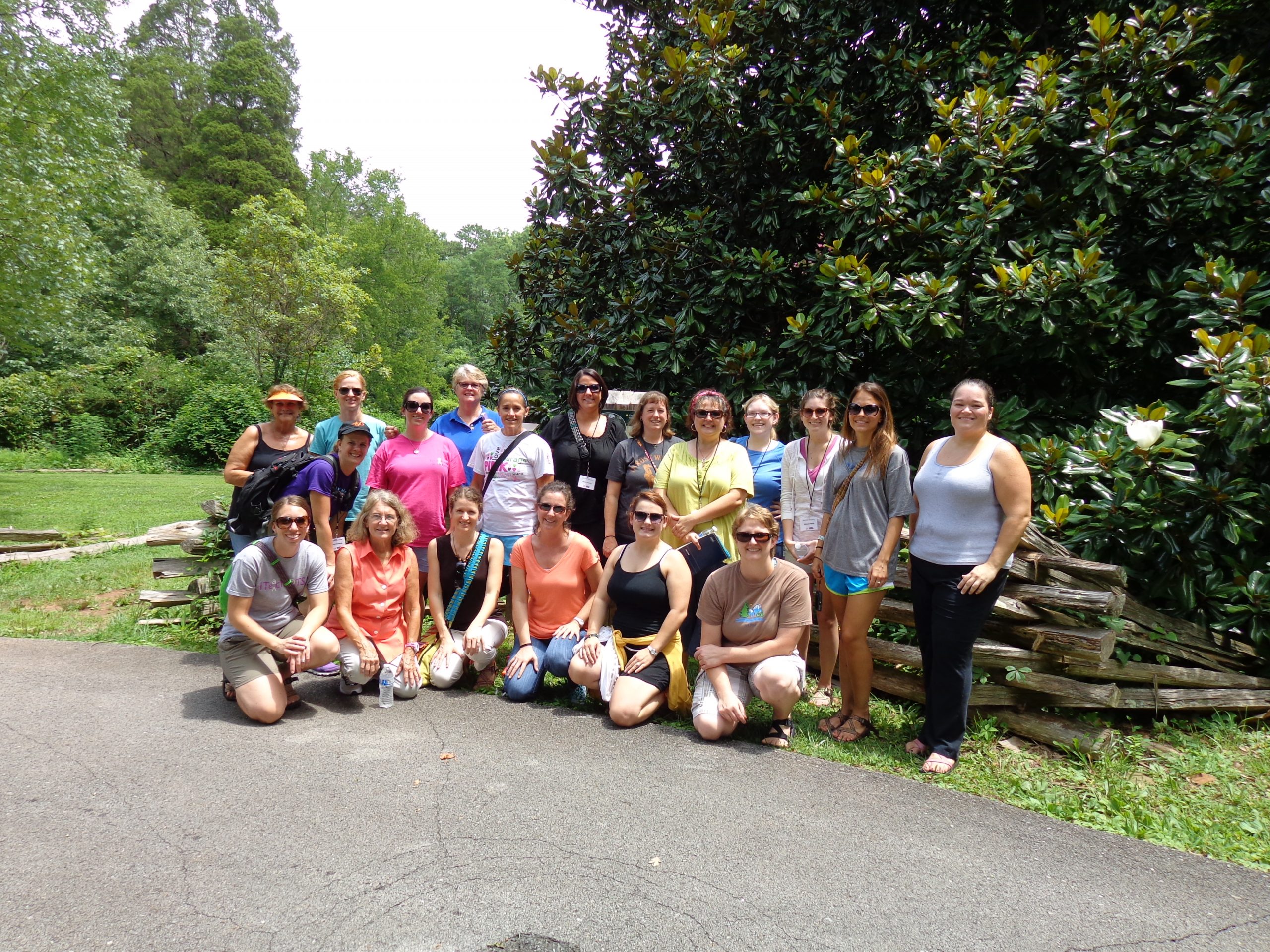Interest in the effects of prekindergarten generally can be traced back to the 1960s, while interest in state-funded prekindergarten programs through rigorous methods has been a more recent policy question of interest. The major goal of the project is to evaluate the impact of Connecticut’s statewide School Readiness Program on prekindergarten students’ academic achievement and social skills.
Therefore, the purpose of the present study is to answer the following questions:
- What are the characteristics of students who have participated in Connecticut’s prekindergarten programming during the 2011-12 and 2012-13 academic year?
- How have these students sorted subsequently into public schools offering kindergarten?
- What are the implications for how students sort for evaluation studies employing the use of regression discontinuity designs?
For more information about the Collaborative on Strategic Education Reform (CSER):
- Visit CSER’s homepage: http://cser.uconn.edu/
- Contact Hannah Dostal, representative from the Department of Curriculum & Instruction, at hannah.dostal@uconn.edu
Collaborative on Strategic Education Reform (CSER), Montrosse-Moorhead, B., PI. (2014-2016). Evaluation of Connecticut’s Prekindergarten Program using a Regression Discontinuity Design. Funded by Connecticut General Assembly/ Connecticut Academy of Science and Engineering.

